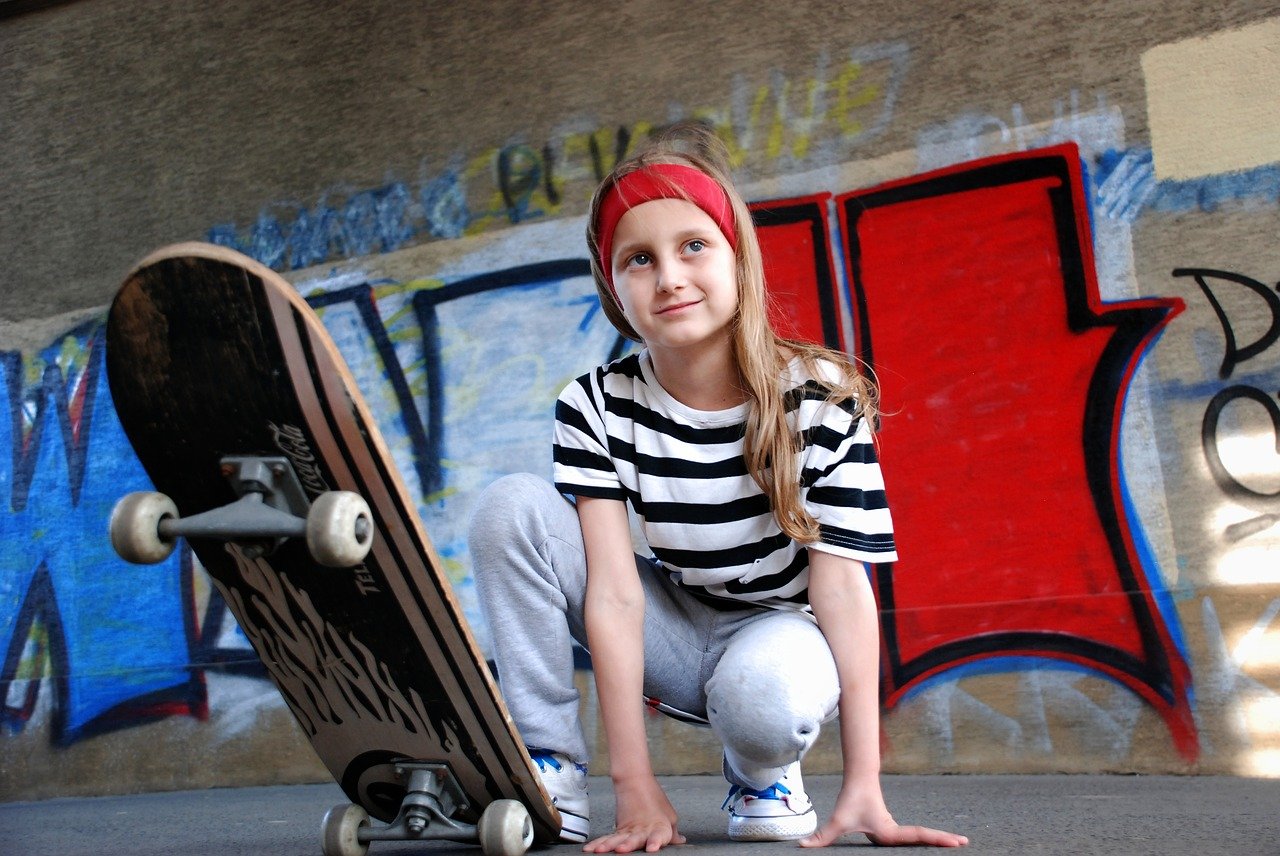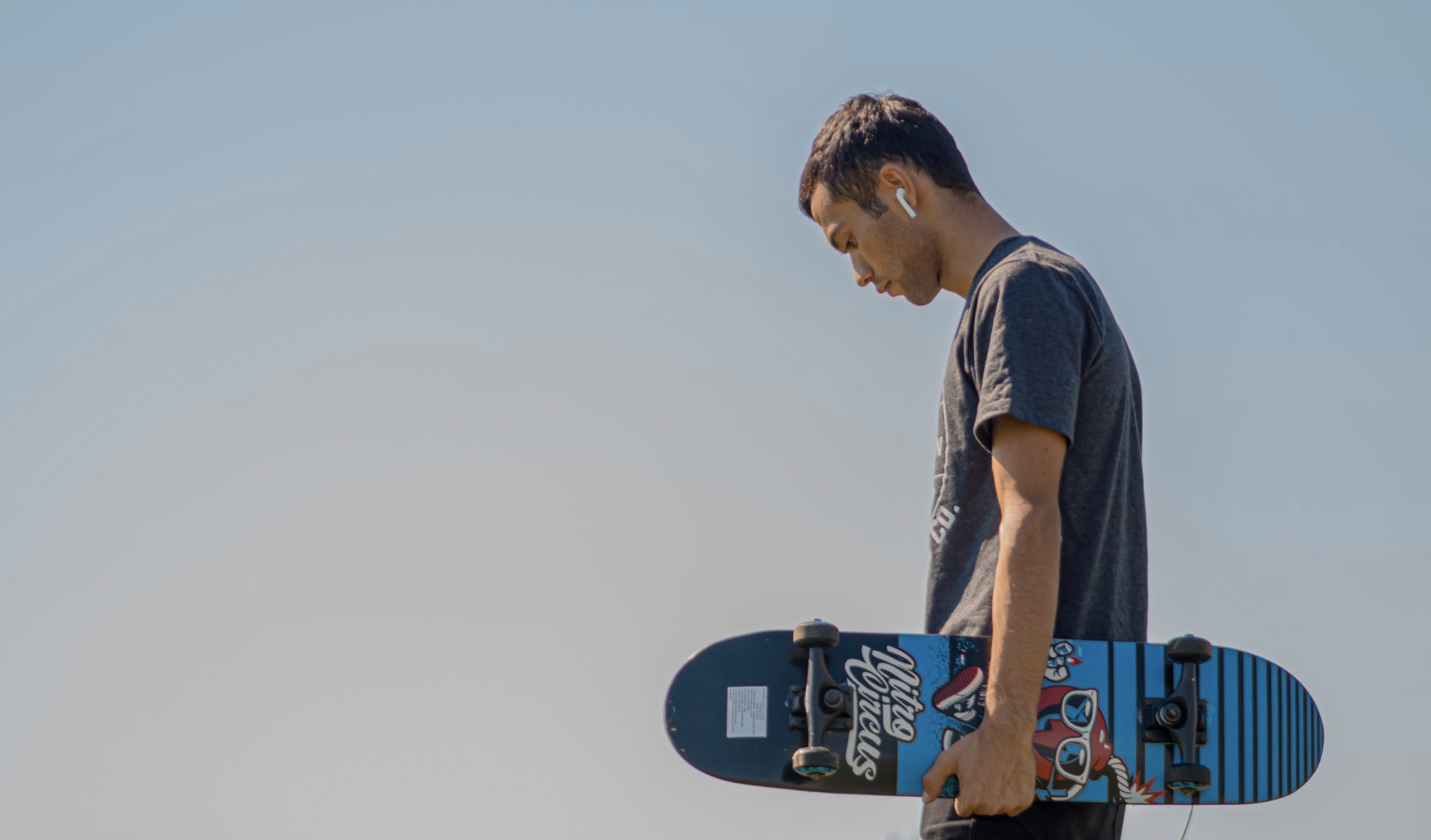Should there be an age limit for competing in the Olympics?
A new generation of teen Olympic medalists is inspiring us all to be better and it could not have happened at a better time. Let’s make sure they don’t pay a price too high.
According to the International Olympic Committee rules, there is no specific age limit for competing in the Olympic Games. There are different age limitations for different sports of course, but such limitations are determined by each International Sports Federation by itself. Some sports have no age requirements at all (swimming for example).
The youngest known Olympic medalist is apparently the Greek gymnast Dimitrios Loundras, who finished 3rd in the team parallels bars at the Olympic Games in 1896 while being 10 years and 218 days old. Hopefully, wearing the 0.5Kg Bronze medal around his neck didn’t cause any physical harm…
The delayed 2020 Tokyo Olympics, created an opportunity for many teenage Olympians to complete their training and meeting the requirements for participating in the games (while many veteran athletes met difficulties in keeping in shape during another year). But should the participation in the Olympics games be limited to athletes of a certain age?
There are many that call for such a age limitation, mostly due to concerns for the young athletes well-being. One argument is that the training for the Olympics games is an extremely hard process and one that takes years to accomplish, a fact that raises the question if such a rigorous task is not detrimental to children athlete and to the family.
Another claim usually made is that the decision (and desire) to compete in the Olympic games might often come from the parents of the athletes rather from the athletes themselves. It’s true that these young but super talented and aspiring athletes would probably compete in other programs anyway, however the Olympics, according to supporters of the age limit, might be too much…
There is of course the issue of the use of illegal practices in order to achieve a competitive age. We know that in certain cases athletes were provided with illegal substances for increasing performance. In other cases, fraudulent information was given to the organizers of the games, including by the represented countries. There is no doubt that the physical and mental implications could be significantly graver for young athletes.
There is yet another reason for concern. One of the reasons that athletes in certain sports, like skateboarding, are so young, is that once you reach a certain age, your fear of getting injured might affect your ability to compete at the highest levels or even to push yourself to your limits and find out how good you are really are. Do we really want to combine the young athletes’ love of risk with the oh so demanding nature of the Olympic games?…
Although not without doubt, we believe that the answer should be “Yes”. Young athletes should be allowed to compete in the Olympics just as they are allowed to compete in other events. The special hardship and risks associated with the Olympics justified, however, the creation of protection mechanisms assuring young athletes will train in a way that will not harm them (at least not more than “regular” training).
Additional measures can be adopted in order to make sure that the young athletes do not “get lost” in the Olympic games universe which until recently belonged to more mature athletes. Especially putting the attention on the prevention of abuse, over commercialization of the young athletes, inappropriate invasion of their privacy, etc.
Special counsels whose job will be to make sure the young athletes are handling the pressure and that their special needs are being taken care of, should be appointed, and there is also place to assist the families of the athletes who might not be completely aware of the huge pressure that rests on their love ones’ shoulders.
For all real sports fans, sports are the epitome of hard work and dedication. In the words of Sylvester Stallone playing Rocky Balboa: “It ain’t about how hard you can hit. It’s about how hard you can get hit and keep moving forward.” We follow our favorite athletes and admire them not only for their physical qualities but also and maybe mostly for the mental qualities.
Analysis of sports participation after the Olympics showed an increase in people taking up popular Olympic sports such as swimming and gymnastics the following year. Athletes inspire us not only to be better at sports, but to be better people in general. This influence is even stronger on our children.

According to research, famous athletes rank second only to parents and on par with their teachers as the people that children admire the most. Both boys and girls name professional or Olympic athletes as among the people they say they “look up to or want to be like”. It would be only logical to assume that children will be even more aspired by athletes who are their own age.
Perhaps the most compelling argument for waiving age limitations in the Olympics is the fact that for many kids, excelling in sports is their only chance of escaping a life of poverty. Rayssa Leal, the 13-year-old Brazilian skateboarding Silver medalist (who finished 2nd behind Japan’s Momiji Nishiya, also 13 yo) is very a good example. How can we deny anyone the opportunity to realize his dreams?
View this post on Instagram



